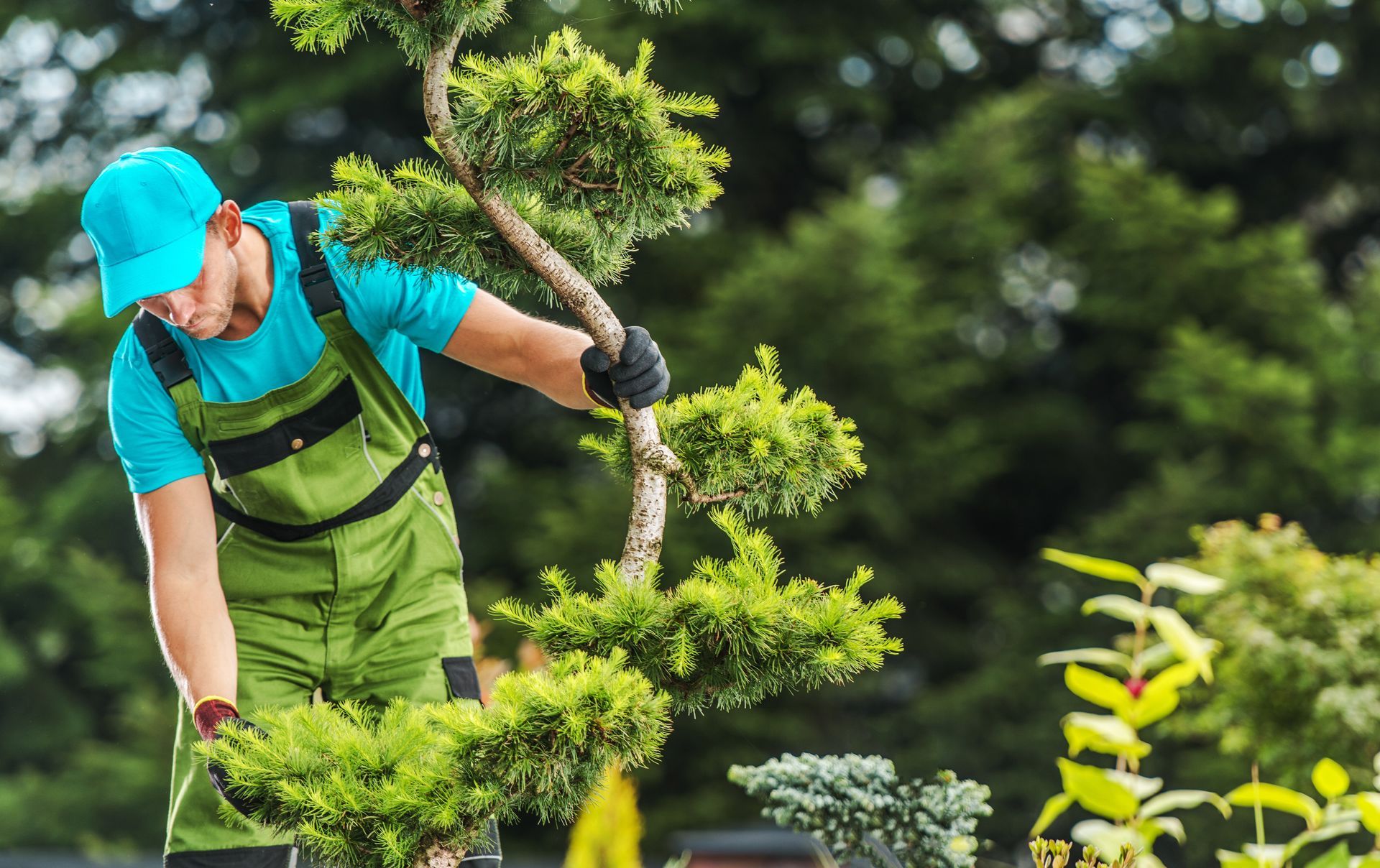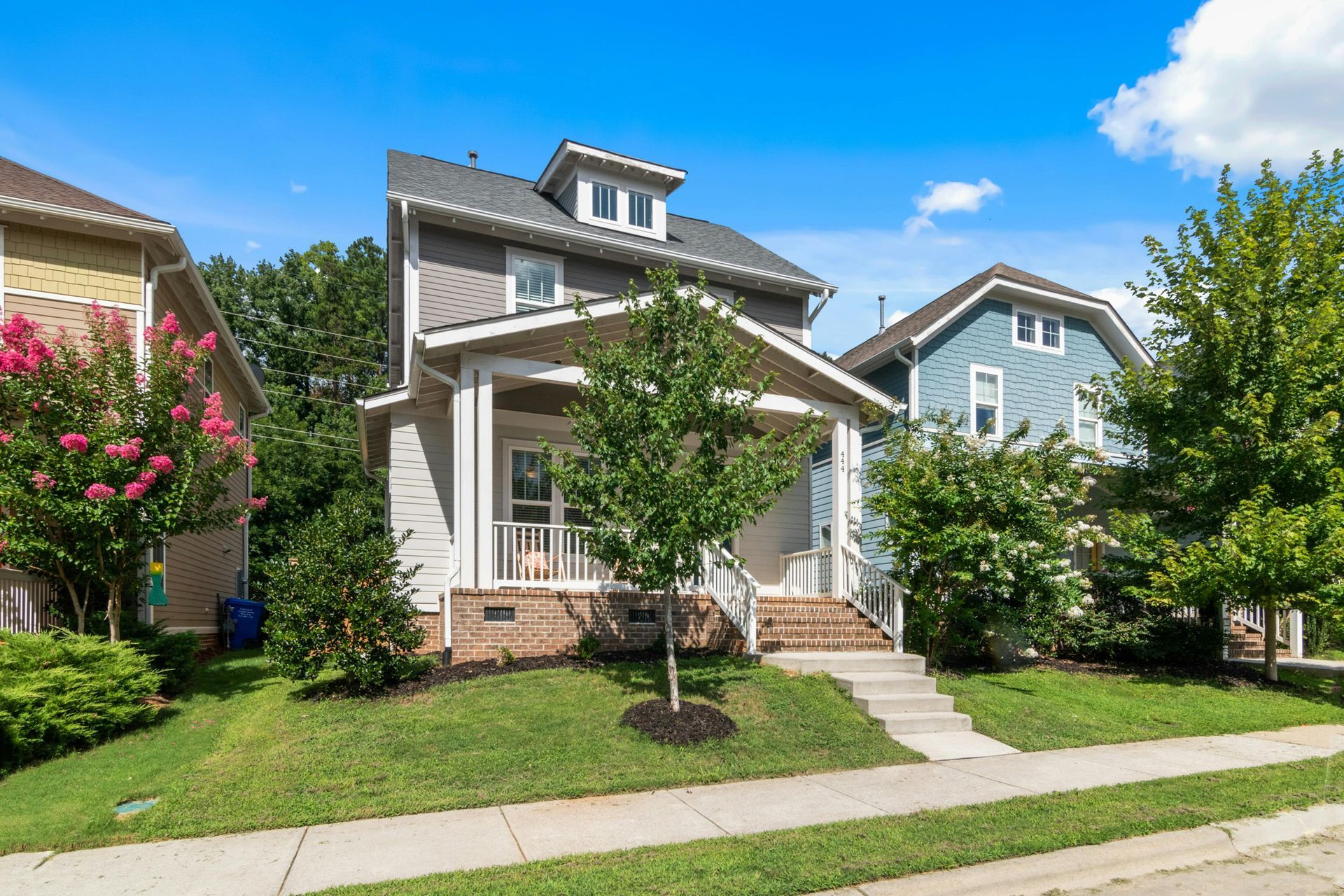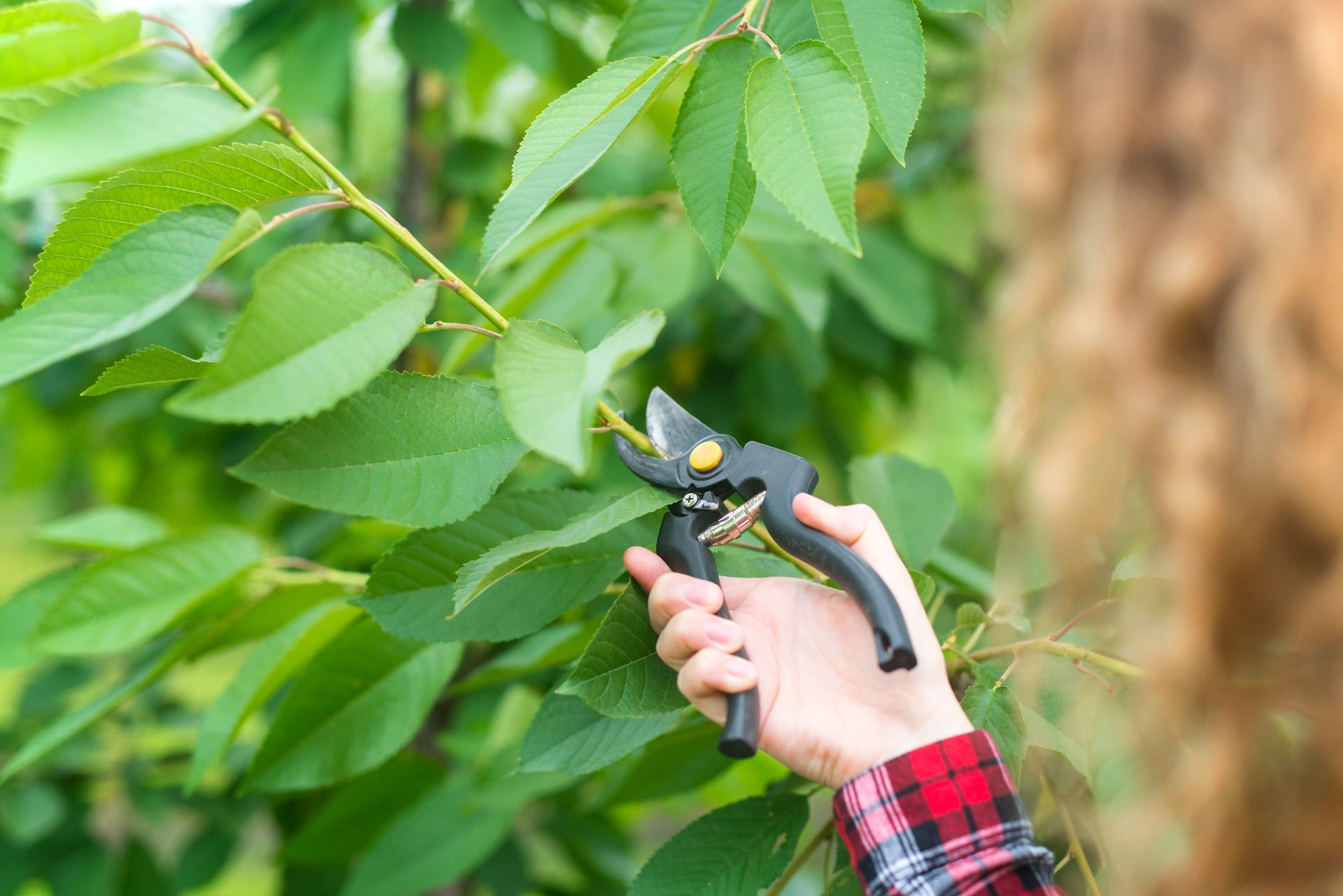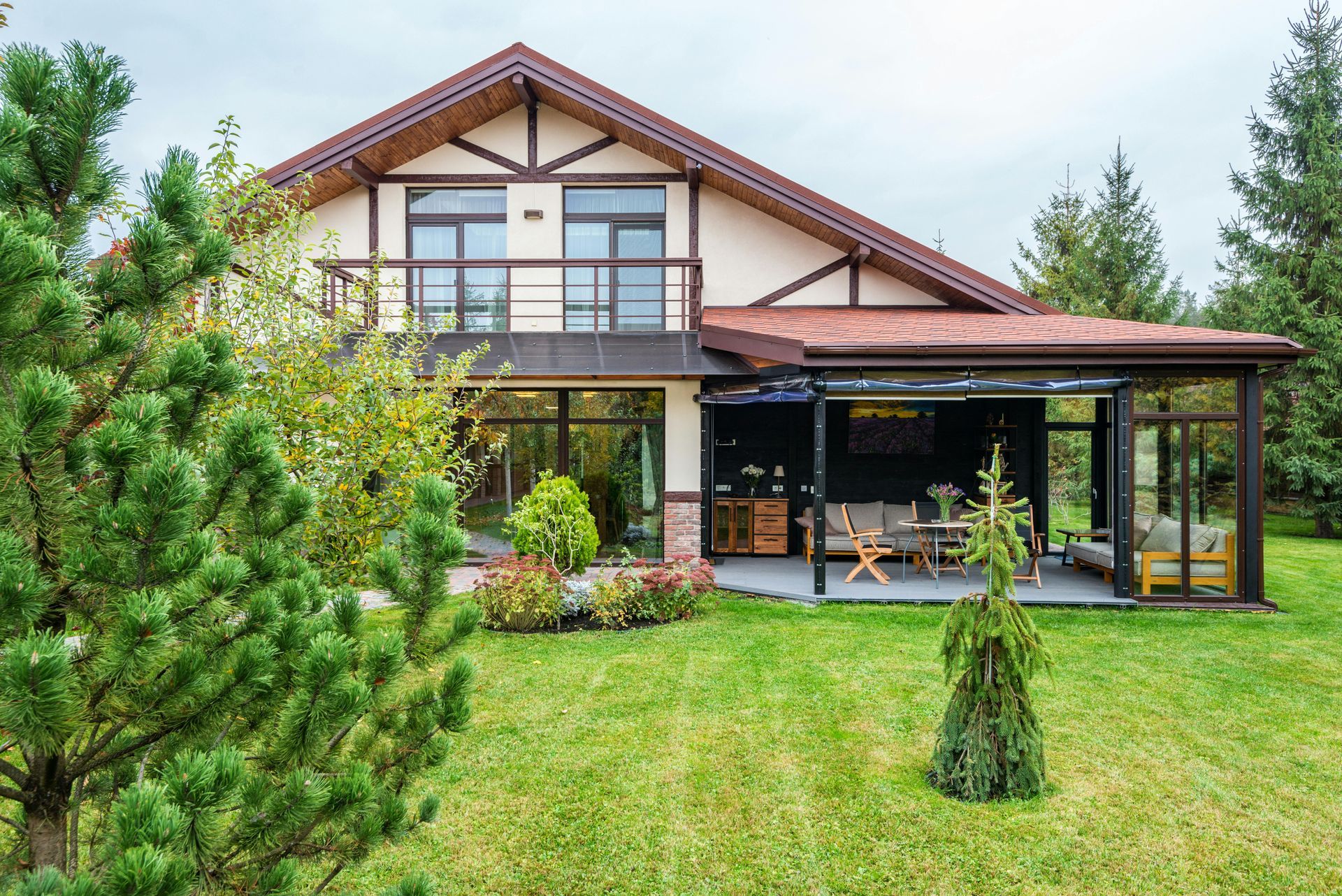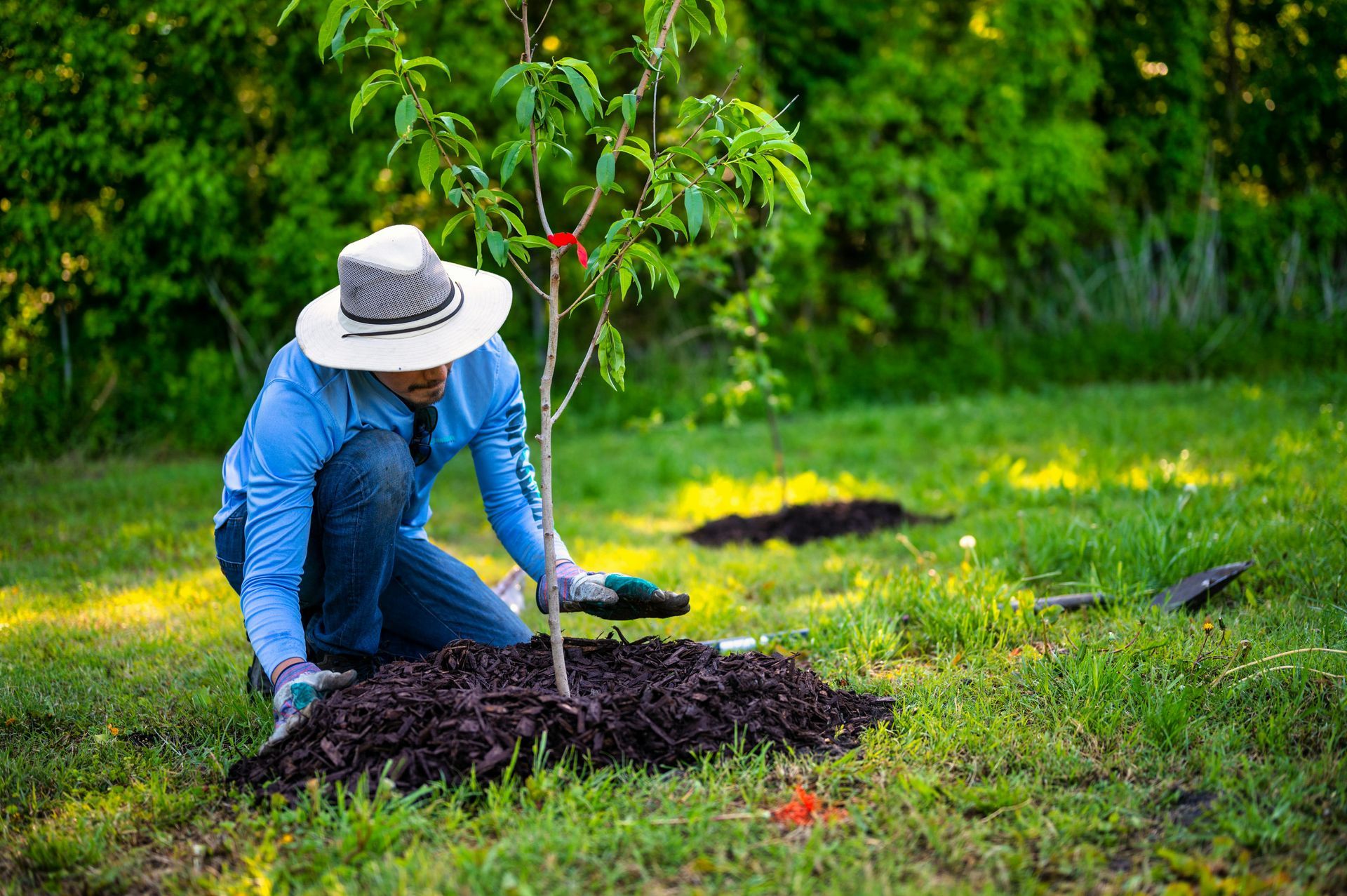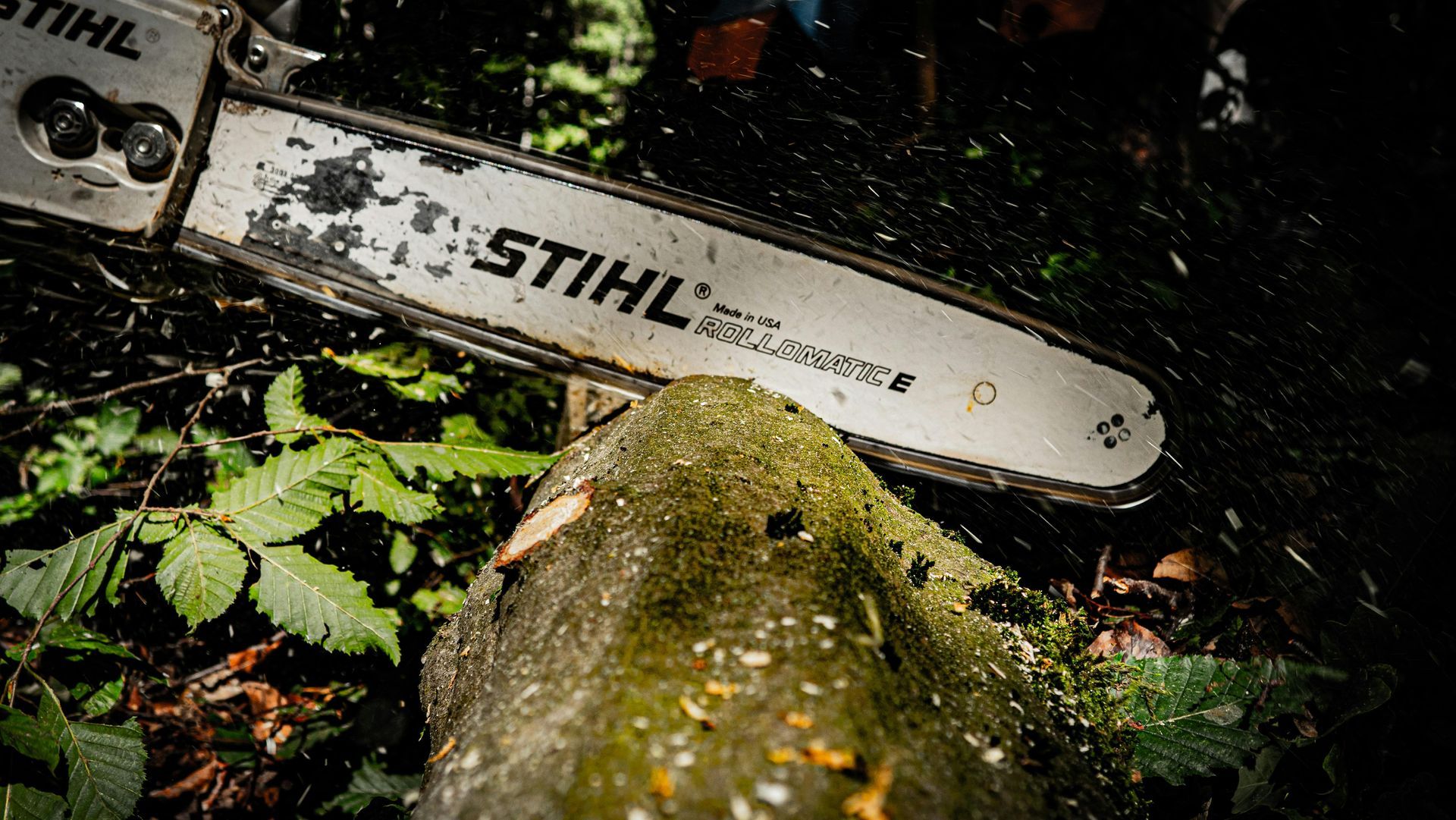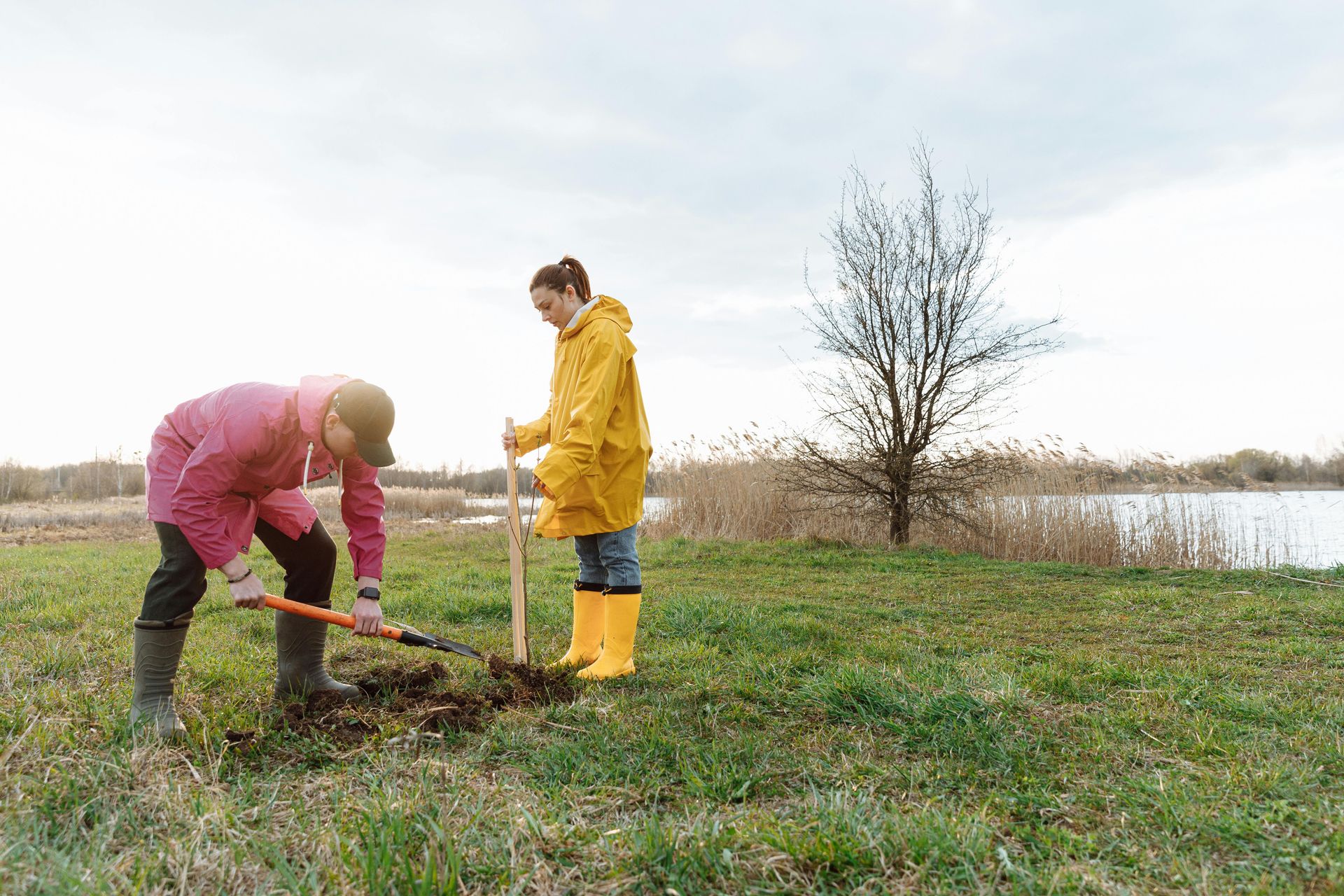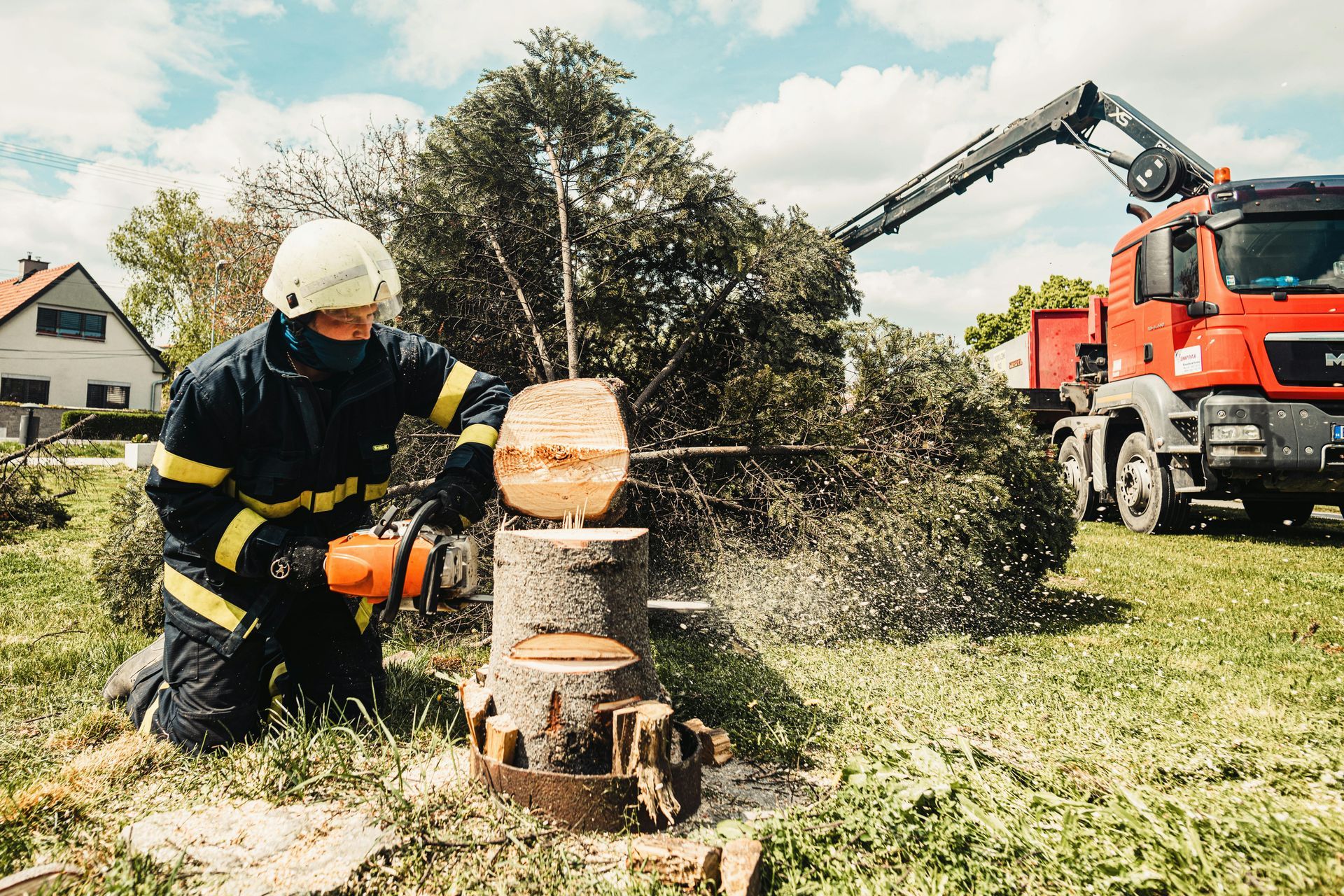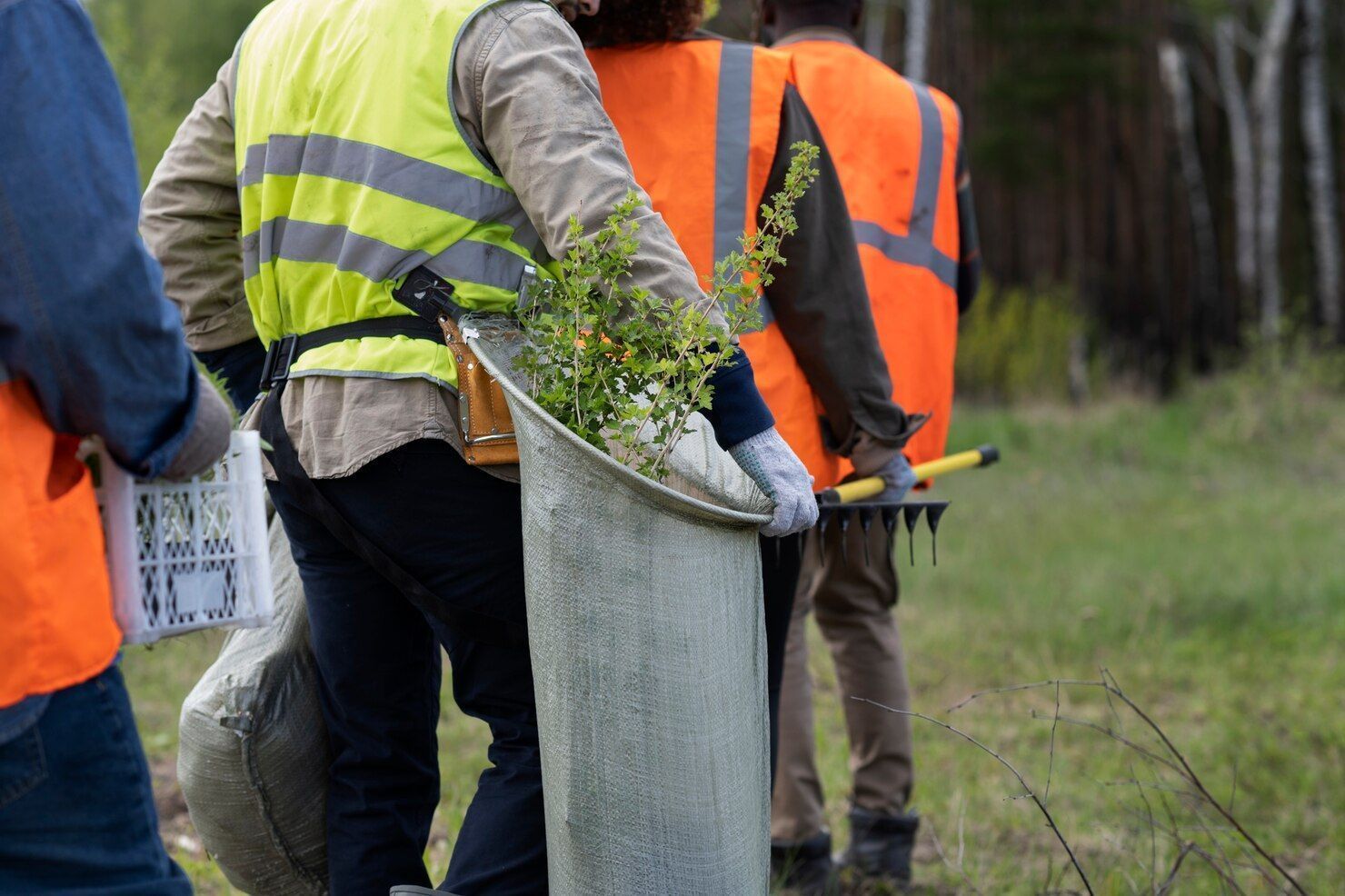Lamb Family Tree Care LLC
Planting for the Future: Choosing the Right Tree for Your Landscape and Climate in Uncasville, CT
Trees are the lungs of our planet, majestic additions to our landscapes, and valuable assets to our properties. They offer cooling shade in the summer, vibrant displays of color in the fall, and a home for countless creatures. Planting a tree is an investment in your property's beauty and the future of our environment. But with so many varieties available, choosing the right tree can feel overwhelming. Here at Lamb Family Tree Care LLC, a family-owned and operated business serving Uncasville, CT, for generations, we're passionate about trees and want to help you make an informed decision.
This guide will equip you with the knowledge to select the perfect tree for your unique landscape and Uncasville's climate. We'll explore key factors to consider, explore the benefits of native trees, and offer tips for successful
tree planting.
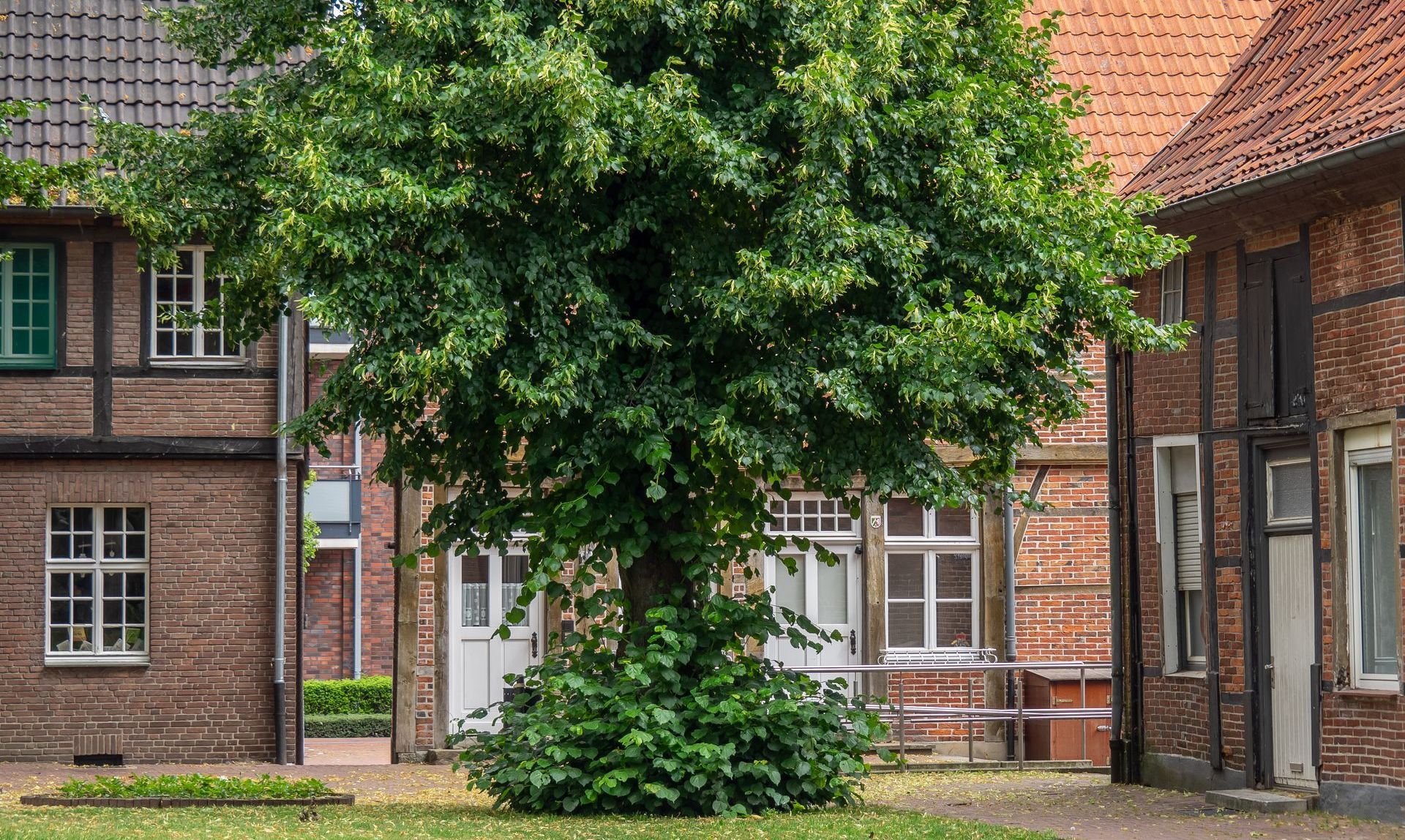
Understanding Your Landscape and Uncasville's Climate
The first step is to assess your property and Uncasville's climatic conditions. Let's explore some key factors to think about:
- Available Space: Trees come in all shapes and sizes. Before you fall in love with a specific species, measure the available planting area. Consider the mature height and spread of the tree to ensure it won't crowd power lines, buildings, or other trees.
- Sunlight Conditions: Does the planting site receive full sun, partial shade, or full shade most of the day? Different trees have varying sunlight preferences. Sun-loving trees like dogwoods won't thrive in deep shade, while shade-tolerant hemlocks wouldn't appreciate a scorching afternoon sun.
- Soil Type and Drainage: Understanding your soil's composition – sandy, clay, or loamy – and drainage is vital. Well-draining soil is crucial for most trees. If your soil is heavy clay, consider amending it or choosing trees that tolerate wet conditions, like red maples.
- Uncasville's Climate: Uncasville, located in USDA hardiness zone 6b, experiences cold winters with occasional snowstorms and warm to hot summers. Knowing your hardiness zone ensures you choose a tree that can withstand temperature fluctuations.
The Power of Native Trees
Native trees are those that have naturally occurred in a specific region for a long time. Here in Uncasville, Connecticut, planting native trees offers a multitude of benefits:
- Adapted to Local Conditions: Native trees are already accustomed to Uncasville's climate, soil types, and pests, making them more likely to thrive with minimal intervention.
- Supporting the Ecosystem: Native trees provide food and shelter for local wildlife species, promoting a healthy and biodiverse ecosystem.
- Low Maintenance: Since they're well-suited to the local environment, native trees generally require less watering, fertilizer, and pest control.
- Beauty Throughout the Seasons: Native trees have evolved alongside other local plant life, offering a harmonious and visually appealing landscape.
Some beautiful and hardy native tree options for Uncasville include:
- Eastern White Pine: Majestic and fast-growing, providing excellent shade.
- Sugar Maple: A quintessential New England tree known for its stunning fall foliage.
- American Redbud: A smaller-sized tree with vibrant spring blooms and interesting seed pods.
- Red Oak: A magnificent shade tree with beautiful fall foliage and edible acorns.
Planting for Success: Expert Tips
Once you've chosen the perfect tree for your landscape, here are some essential tips for successful planting:
- Choose the Right Time: The ideal planting time for most trees in Uncasville is late fall or early spring when the tree's energy is focused on root development.
- Prepare the Planting Hole: Dig a hole 2-3 times wider than the root ball and slightly deeper than the root ball's height. Gently work the soil to create a loose and fluffy environment for the roots to establish themselves.
- Proper Planting Technique: Carefully remove the tree from its container and gently tease out any circling roots. Position the tree at the correct depth – the root flare (where the trunk widens) should be slightly above the surrounding soil level. Backfill the hole with the loosened soil and tamp it down gently to eliminate air pockets.
- Watering and Mulching: Water your newly planted tree deeply and regularly, especially during the first year. Apply a layer of mulch around the base (but not touching the trunk) to retain moisture, suppress weeds, and regulate soil temperature.
Beyond Planting: Caring for Your Investment
Planting a tree is just the beginning. Lamb Family Tree Care LLC offers a range of tree care services to ensure your tree thrives for generations to come:
- Tree Trimming: Regular pruning, performed by our certified arborists, promotes healthy growth, removes dead or diseased branches, and improves the tree's structural integrity. This not only enhances your tree's beauty but also minimizes the risk of branch failure during storms.
- Tree Removal: Unfortunately, sometimes tree removal becomes necessary. Our experienced team can safely and efficiently remove dead, diseased, or hazardous trees, minimizing damage to your property and ensuring the safety of your loved ones.
- Tree Fertilization: Trees need proper nutrients for optimal health. We offer professional deep-root tree fertilization services to provide your tree with the essential nutrients it needs to flourish.
Investing in Your Landscape's Future
Planting a tree is a gift to yourself, your property, and the environment. By choosing the right tree and providing proper care, you'll be rewarded with years of beauty, shade, and a healthier planet.
The team at
Lamb Family Tree Care LLC is here to help you every step of the way. We offer expert consultations to assist you in selecting the perfect tree for your landscape and Uncasville's climate. We can also handle the entire planting process, ensuring your tree gets the best possible start.
Contact Us Today!
Don't hesitate to contact Lamb Family Tree Care LLC today to discuss your tree planting needs. Our friendly and knowledgeable staff is happy to answer your questions and provide you with a free consultation. Call us at (860) 752-0488 or visit our website to learn more about our comprehensive tree care services. We look forward to helping you plant for the future!
FAQ
How much does it cost to plant a tree?
The cost of planting a tree depends on several factors, including the size and species of the tree, the complexity of the planting site, and any additional services required (e.g., removal of existing vegetation, and soil amendments). Contact Lamb Family Tree Care LLC for a free consultation and personalized quote.
Can I plant a tree myself?
While it's possible to plant a tree yourself, proper technique is crucial for its success. Our experienced arborists can ensure the tree is planted correctly at the right depth and with proper root placement, maximizing its chances of thriving.
How often should I water my newly planted tree?
The frequency of watering will depend on the weather conditions, soil type, and the size of your tree. Generally, newly planted trees need deep watering every few days during the first few weeks, with less frequent watering as the roots establish themselves.
How do I know if my tree needs trimming?
Several signs indicate your tree might benefit from trimming. These include dead or diseased branches, branches rubbing against each other, branches interfering with power lines or buildings, and a decline in overall health or appearance.
What are the benefits of professional tree trimming?
Professional tree trimming by a certified arborist promotes healthy growth, improves the tree's structure and appearance, reduces the risk of branch failure, and allows for better light penetration.
By investing in the health and well-being of your trees, you're investing in the beauty and value of your property, while contributing to a healthier and more sustainable environment. Let Lamb Family Tree Care LLC be your partner in creating a thriving landscape for generations to come.

